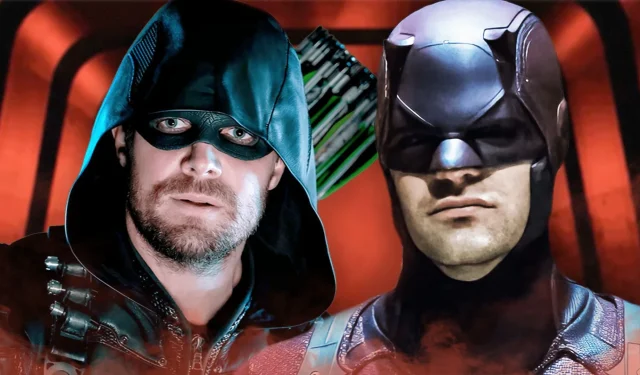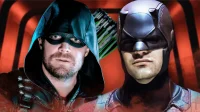Marvel and DC have long dominated the superhero genre across various media, but a noteworthy television series from 2006 emerged as a trailblazer in the realm of superhuman storytelling. While the Marvel Cinematic Universe (MCU) set a benchmark for superhero films following the release of 2008’s Iron Man, DC’s movie offerings, albeit inconsistent, have maintained significant visibility and audience interest. Nevertheless, both franchises have struggled to achieve the same level of success in live-action television.
Historically, early attempts by Marvel and DC in TV showed more success in animated formats than in live-action. However, recent years have marked a pivotal shift, with Marvel’s television projects gaining critical acclaim and popularity, paralleling the success of its blockbuster films. Likewise, DC has revamped its own live-action shows. Yet, it was a project outside both major franchises that paved the way for their future television ventures.
Heroes Season 1: A Revolutionary Perspective on Superheroes
Pioneering Live-Action Superhero Drama
Heroes captivated audiences from its premiere in 2006, creating its own narrative universe without relying on established comic book lore. This series differentiated itself with a darker, more mature tone, appealing to an older demographic than typical superhero fare. Its innovative storytelling connected deeply with viewers despite lacking a built-in fan base.
Interestingly, the show later inspired a comic book adaptation, exemplifying a role reversal in the industry’s creative outputs. At the time of its release, Heroes was groundbreaking, ushering in a transformative era for superhero television. Viewers had primarily associated superhero stories with theatrical releases, typically enjoyed during summer blockbuster seasons. The shift to serialized storytelling on television was not only refreshing but allowed for more in-depth character development and plot intricacies. The first season of Heroes still garners impressive ratings, holding an 82% score on Rotten Tomatoes, with a staggering 93% audience score reflecting its enduring appeal.
Marvel and DC’s Journey to Television Success
A Trendsetter in the Superhero Genre
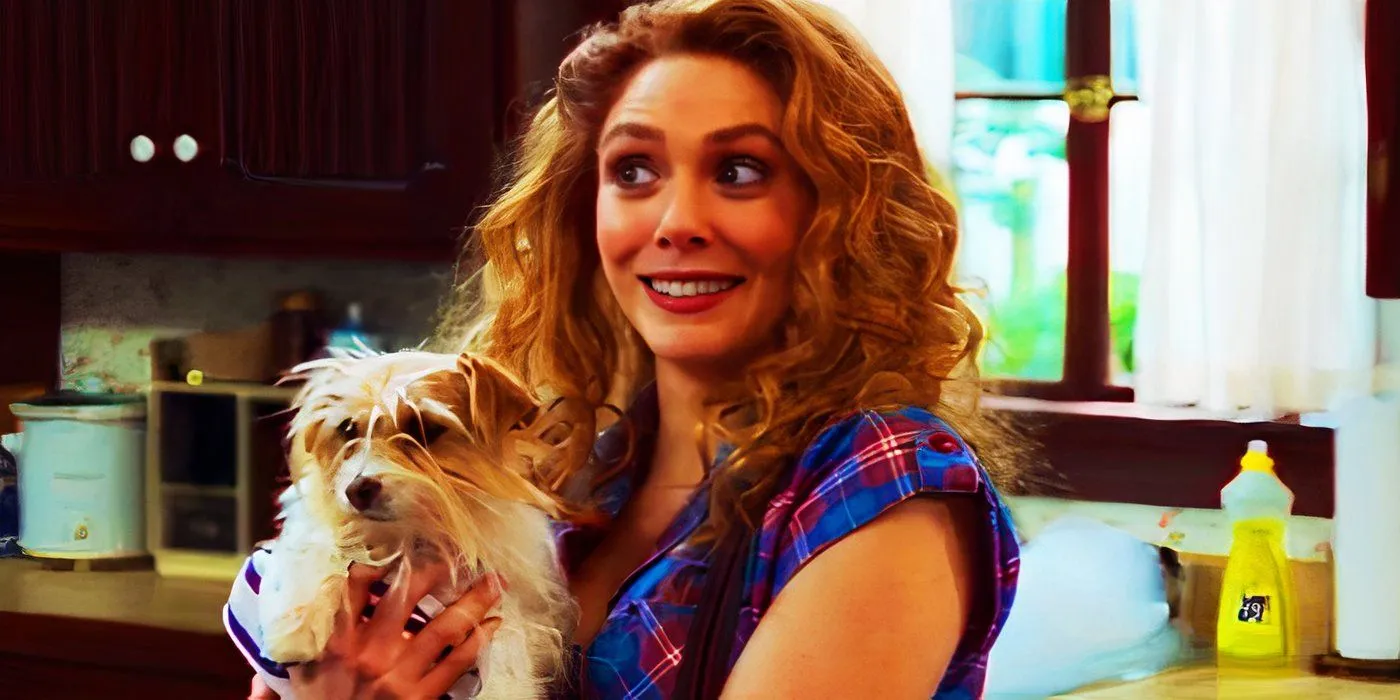
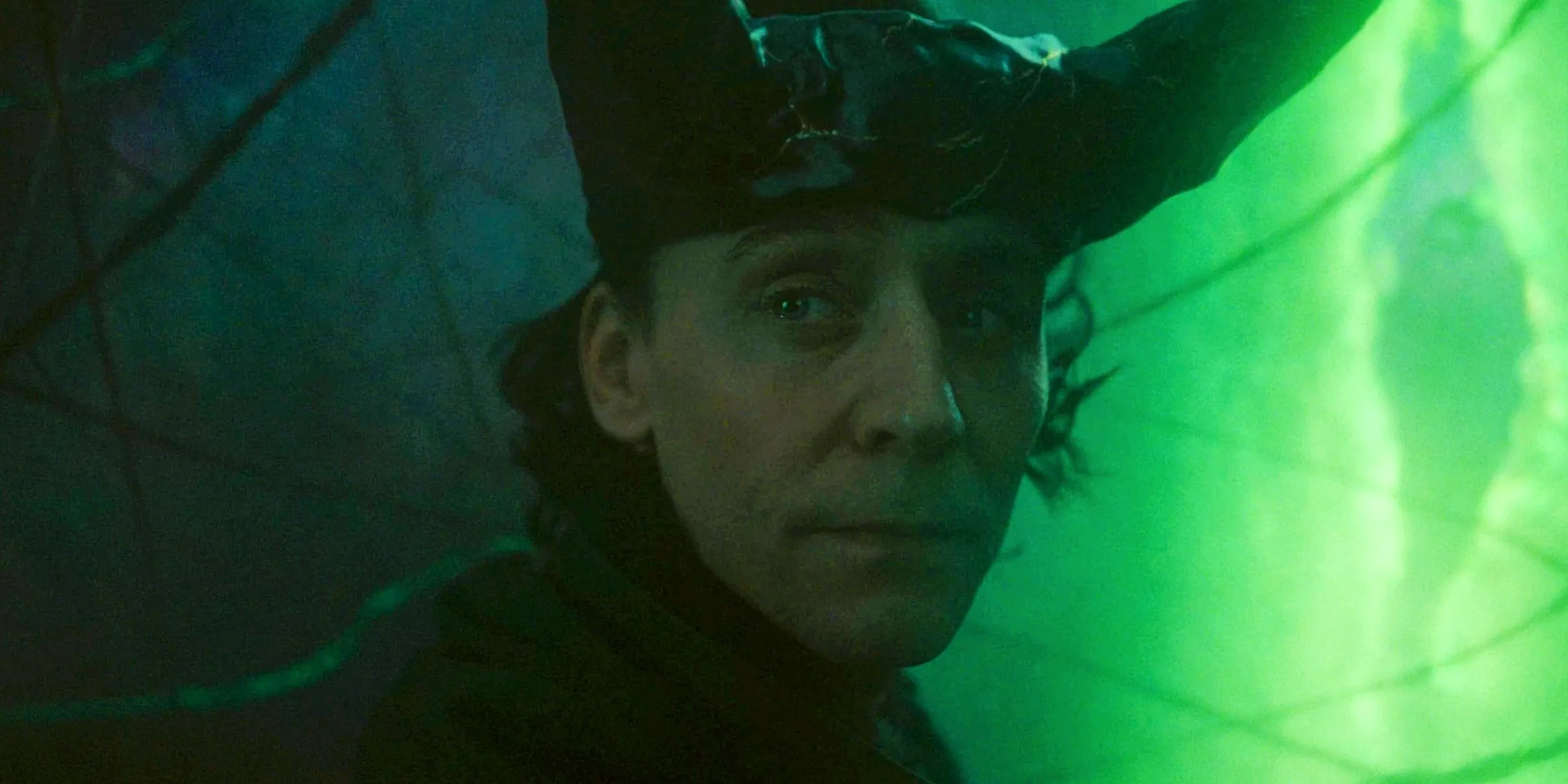
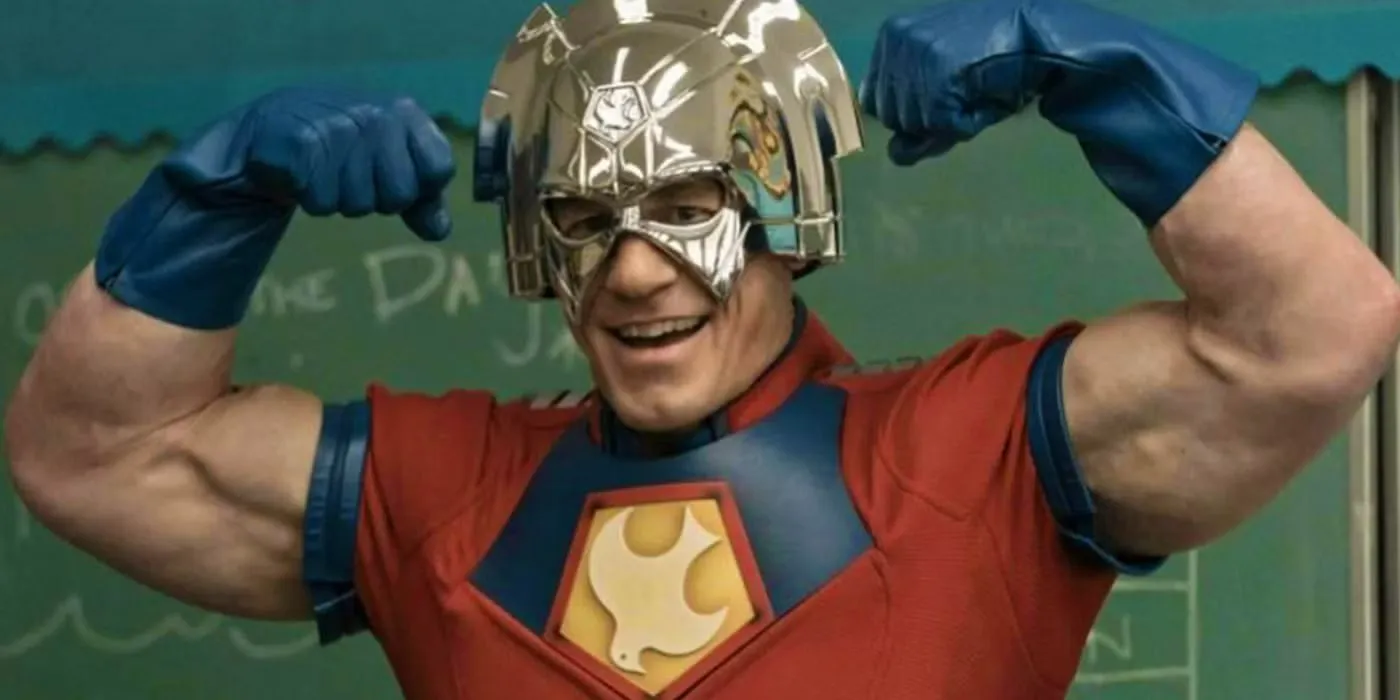
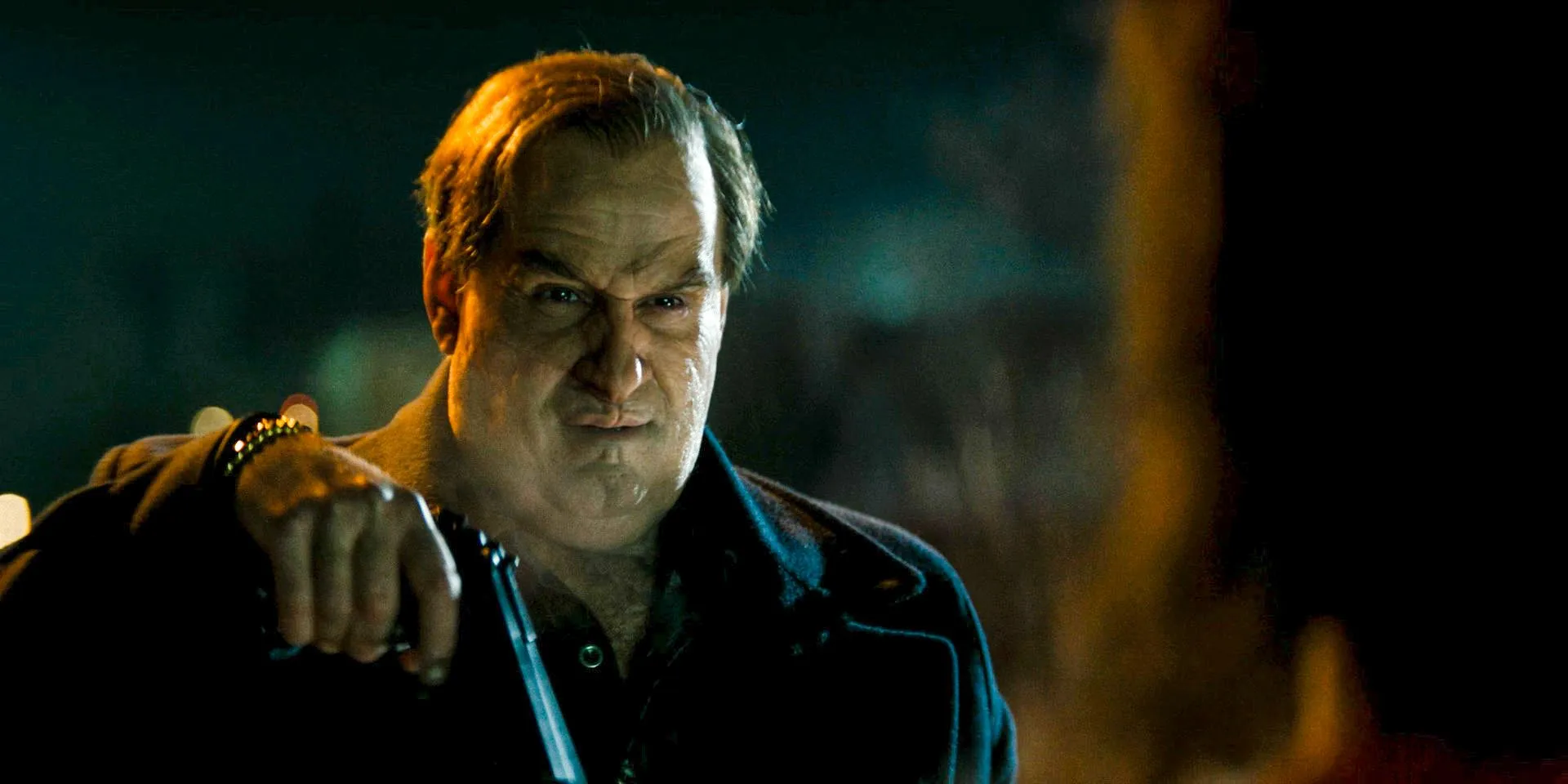
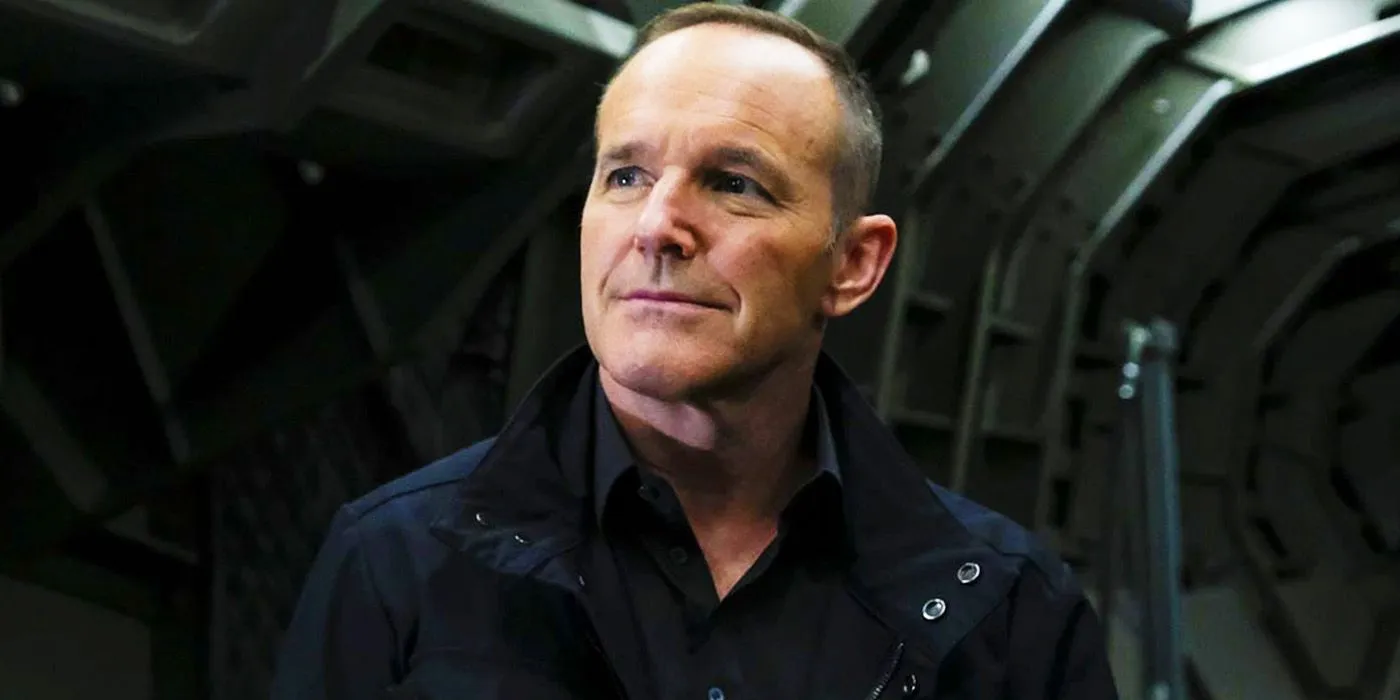
Heroes’ innovative approach served as a benchmark for live-action superhero dramas for years following its debut. A decade later, both Marvel and DC began harnessing the potential of television more effectively. The launch of Arrow in 2012 marked a new era for DC, which was later complemented by spin-offs like The Flash. On the flip side, Marvel’s partnership with Netflix introduced Daredevil in 2015, alongside the MCU’s inaugural canon television series, Agents of S.H.I.E.L.D.
This wave of live-action superhero content has continued to flourish, with recent DC hits such as Peacemaker, The Penguin, and Superman & Lois. Marvel, too, has expanded its portfolio on Disney+, reviving earlier Netflix series while continuing to develop new projects. While Marvel may be scaling back its television endeavors in favor of film, many of the upcoming projects owe a considerable debt to Heroes, which broke ground in this genre.
The Rise and Fall of Heroes
A Shift in Dominance in Live-Action Superhero Content
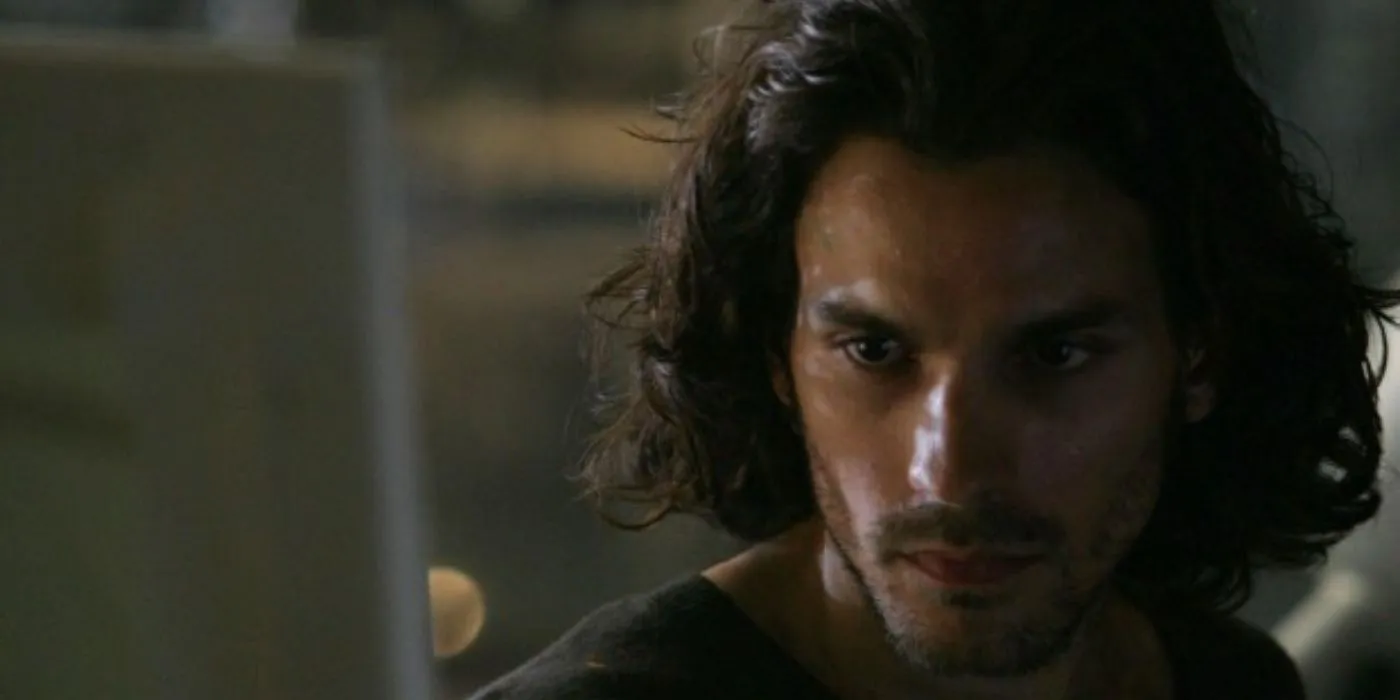
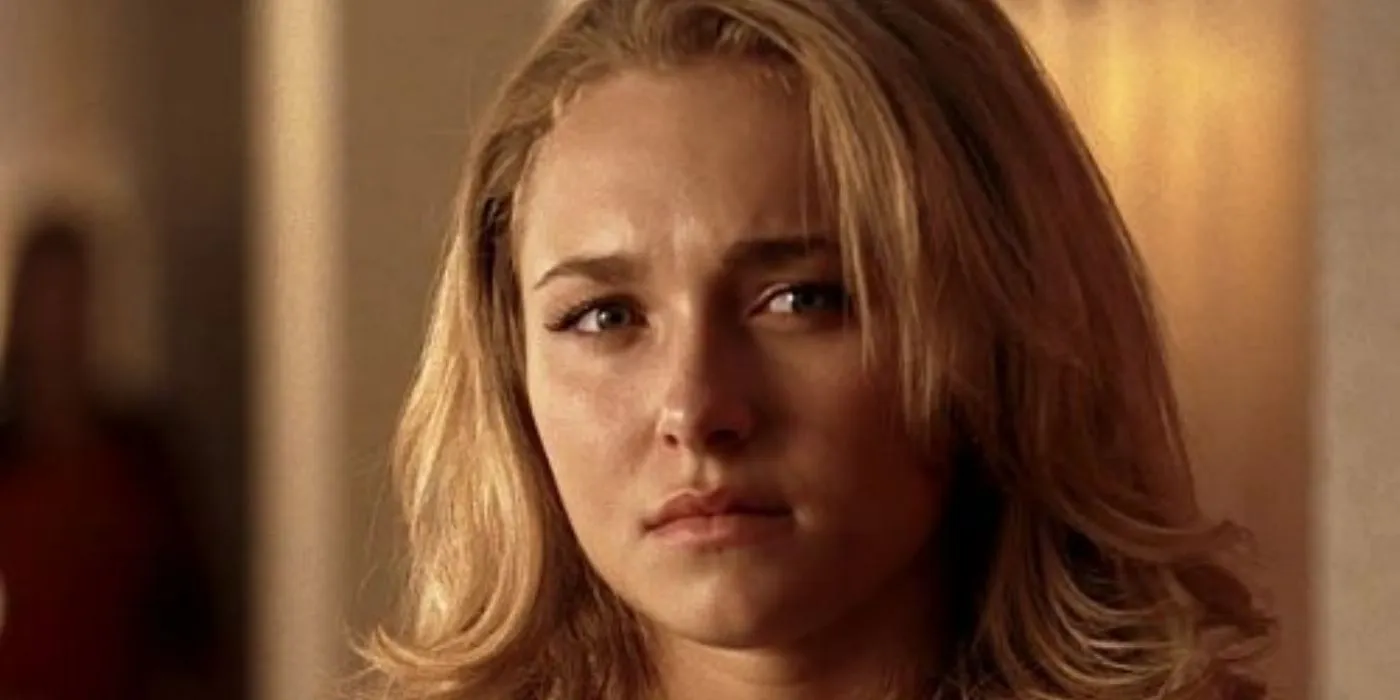
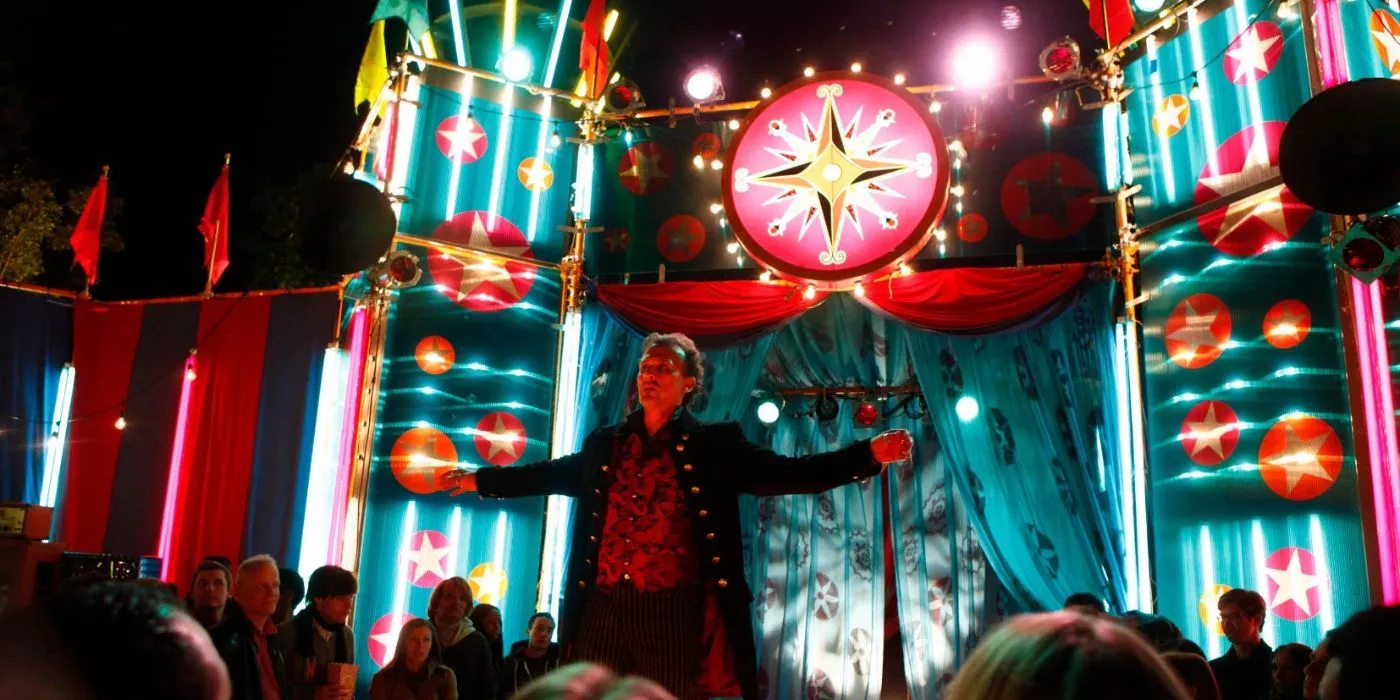


Despite its phenomenal first season, Heroes struggled to maintain its early success, with subsequent seasons failing to match the original’s high standards. The show’s decline was attributed to numerous factors, including the 2007 writers’ strike, which hampered the creative process and narrative continuity. After a dismal fourth season—widely regarded as the series’ weakest offering—Heroes was ultimately canceled without providing a satisfying conclusion.
Heroes season 1’s remarkable impact on the television landscape is undeniable. While later seasons fell short of expectations, the series set a precedent for engaging live-action superhero shows. Today’s thriving landscape of superhero television owes much of its existence to the groundwork laid by Heroes, a show that remarkably broadened the possibilities for the genre beyond just feature films.
Source: Rotten Tomatoes
